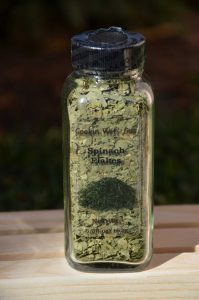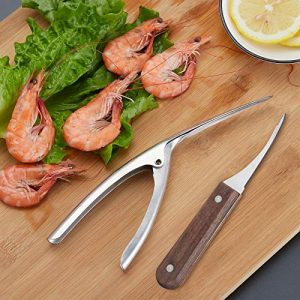Herb Seasonings
Common herb seasonings and spices may help protect against certain chronic conditions, such as cancer, diabetes, and heart disease. Herbs, including basil and parsley, are from plants and plant parts.
Consuming herbs may help to prevent and manage heart disease, cancer and diabetes. It may also help to reduce blood clots and provide anti-inflammatory and anti-tumor properties.
The word “superfood” is very likely to evoke images of fruit or vegetables. However, there is another class of food items whose members are characterized by high levels of bioactive compounds: herbs and spices.
Herbs and spices can liven up your food and add variety, and are better for your heart health than salt. Salt can seem like an easy way to add flavour, but over time it can lead to raised blood pressure and an increased risk of heart and circulatory diseases.
Spicing up a plain-but-healthy meal is good for your taste buds and your health. Reach for your spice rack and you’ll not only up the flavor of your food. You’ll also get a boost of antioxidants (substances that protect cells from damage).
Despite this, both fresh and dried herbs are naturally high in antioxidants. Whether you’re cooking with a tablespoon of fresh herbs or a teaspoon or dried herbs, both will contain some nutritional value. To enjoy your herb seasonings at their highest nutritional value, eat them soon after harvesting.
Spices often come from the seeds, berries, bark, or roots of plants. If you find that low-fat or low-salt foods taste bland, use herbs to enhance the flavour of virtually any dish, including desserts.
“Life’s Good When You’re Cookin Wit’ Gus !!!!”
Showing 1–12 of 14 results
-
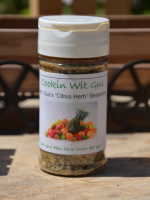
Citrus Herb (1.75 oz)
$3.95 Add to cart -

Citrus Herb 1.75oz (6 Pack)
$19.95 Add to cart -
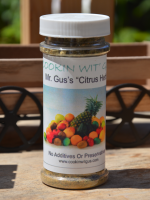
Citrus Herb 2.75 oz
$4.95 Add to cart -

Citrus Herb 2.75oz (6 Pack)
$19.95 Add to cart -
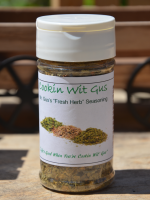
Fresh Herb Seasoning (1.75oz)
$3.95 Add to cart -

Fresh Herb Seasoning (1.75oz) 6 Pack
$19.95 Add to cart -
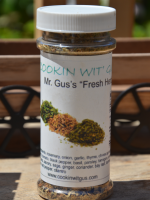
Fresh Herb Seasoning (2.75oz)
$4.95 Add to cart -

Fresh Herb Seasoning (2.75oz) 6 Pack
$19.95 Add to cart -
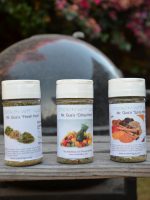
Gus’s Herb Sample 6Pack
$44.95 Add to cart -

Gus’s Herb Sample Pack
$13.95 Add to cart -
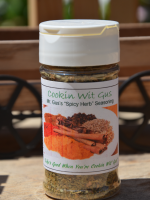
Spicy Herb Seasoning (1.75oz)
$3.95 Add to cart -

Spicy Herb Seasoning (1.75oz) 6 Pack
$12.95 Add to cart


